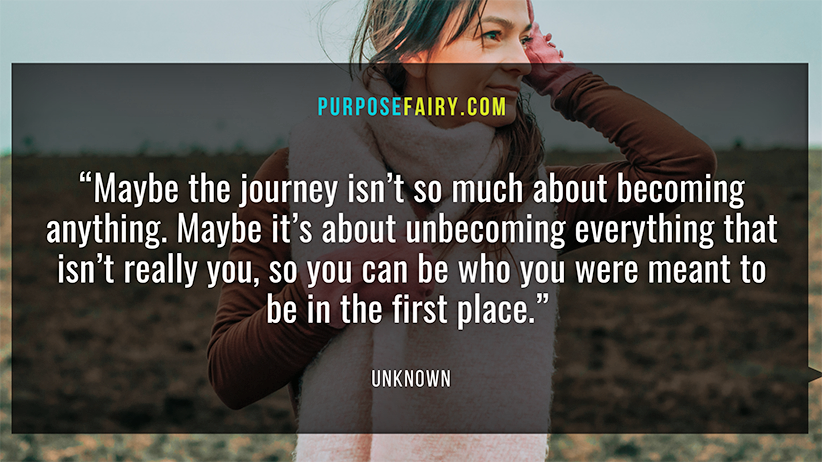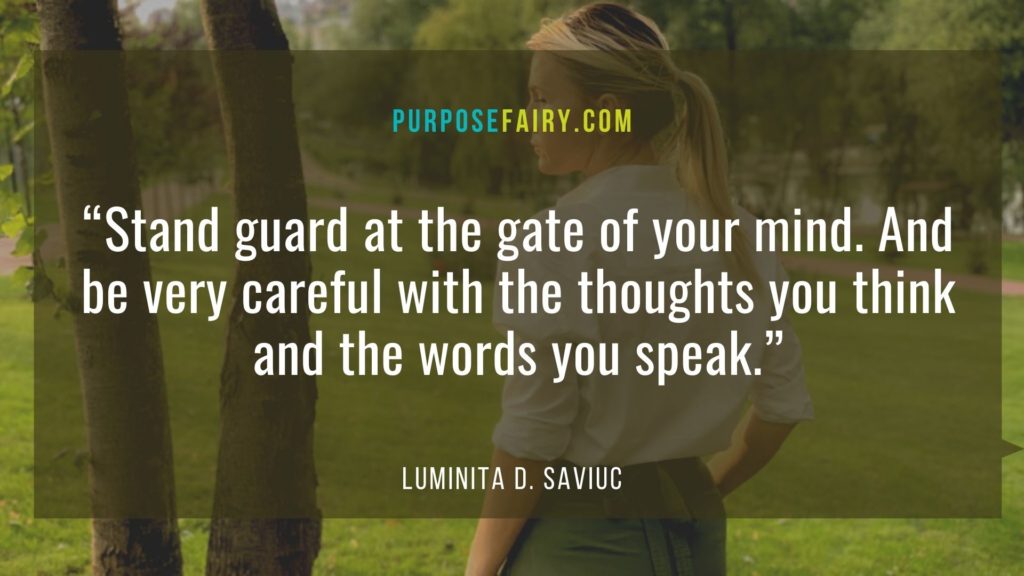
Anticipation anxiety is the fear or worry that bad things could happen in the future
Now, does waiting make you anxious? Waiting for a text back? Waiting on a new job? Waiting on someone else’s decision that will impact your life? Waiting on YOURSELF to take action or get started? Waiting for relief?
Anticipation Anxiety
Waiting is only difficult when we’re aware of it, when we actively think about it; otherwise it’s just living. All things happen in the flow of life; it’s the fear and expectations that weigh us down that can be brutal.
Sound familiar? Here are some strategies for dealing with anticipation anxiety:
7 Life-Changing Ways to Cope with Anticipation Anxiety
1. Name it.
Acknowledge to yourself that you are waiting and it’s hard! It sounds obvious, but there is power in naming where we are, just like there is increased anxiety in avoiding our situation. Speak truth to yourself: “I am waiting, and I am not sure what will happen.”
You may not have any control in the situation. You may not know how long you will have to wait. Name it. This is a form of acceptance, or the start of it!
Accept that you are waiting! Accept that you are anxious!
2. Express yourself.
Consciously explore your hopes and fears associated with the waiting. Write them down. When we express things, another way of “naming it”, we sometimes feel a little lighter, as if some of the burden or fear has been exposed, and in being exposed, it may evaporate to some extent. That can make a big difference!

3. Get busy.
Whenever possible, focus on something else! Seriously, healthy distractions are important and valid coping strategies! Get into service: do something for someone else, something that needs to be done.
Do something fun or nice for yourself. Activities that require concentration may not be good distractions when we are really anxious. So pick something you can do without thinking, because the goal is to stop thinking so much!
4. Lean into it.
When you can’t distract yourself, when you feel paralyzed in the anxiety, then lean into it. Wait in the light of what you know is true. What does that mean?
There is always a truth that can comfort you as you wait. “I will be okay, one way or another” is a strong starting place, or “No matter what happens, I’ll figure out what to do, and life will go on.” What if you don’t believe you will be okay? Then look for inspiration.
5. Get inspired.
You can find countless stories about people who faced their fears, and what happened after (…and you know how those stories end, right?) There are lots of examples of people who stretched and grew in unexpected, amazing ways as a result of something they thought would be the end of the world.
6. Reality check.
Did you make that list of your hopes and fears about this anxiety? Go through the list and note which items are actually likely, and which veer into catastrophe or fantasy. The middle path is where most of life happens.
Think of the worst possible outcome (if you weren’t already), and think of the best possible outcome. It is not likely to be either one, in most cases. Statistics don’t cover all the bases, but they sure cover most of them.
7. Visualize

Visualize yourself a few years after the outcome you’re anxious about. Don’t be shy about a positive visualization. It can be profoundly calming to imagine yourself as safe and whole, even thriving! Your imagination has a profound impact on your sense of wellbeing and your health!.
Don’t believe you can imagine your way into feeling better?
It certainly works the other way around… we constantly imagine ourselves into feeling sick and paralyzed. Your imagination is a super-power… use it!
Anticipation anxiety and acceptance.
Ultimately, acceptance is the true relief for anticipation anxiety, acceptance of all things: the comfortable and the uncomfortable, the happy and the sad, the easy and the difficult. The world is both beautiful and brutal, and acceptance can allow you to live in peace. Acceptance knows that all things change, good things do end, and pain does fade.
Acceptance takes things as they are, takes us as we are, in this moment, knowing we’ll be different in the next moment. Practice acceptance like you would practice any new skill; you may be surprised at the relief it brings.
Comments
Barbara Nadalini-Priesnitz
Barbara is a Licensed Professional Counselor www.mind-bar.com dedicated to helping people find truth and meaning in their lives, as well as relief from pain and anxiety. Barbara comes to the practice of psychotherapy in midlife, bringing significant life and work experience to the skills, education and compassion that make therapy meaningful.
read more